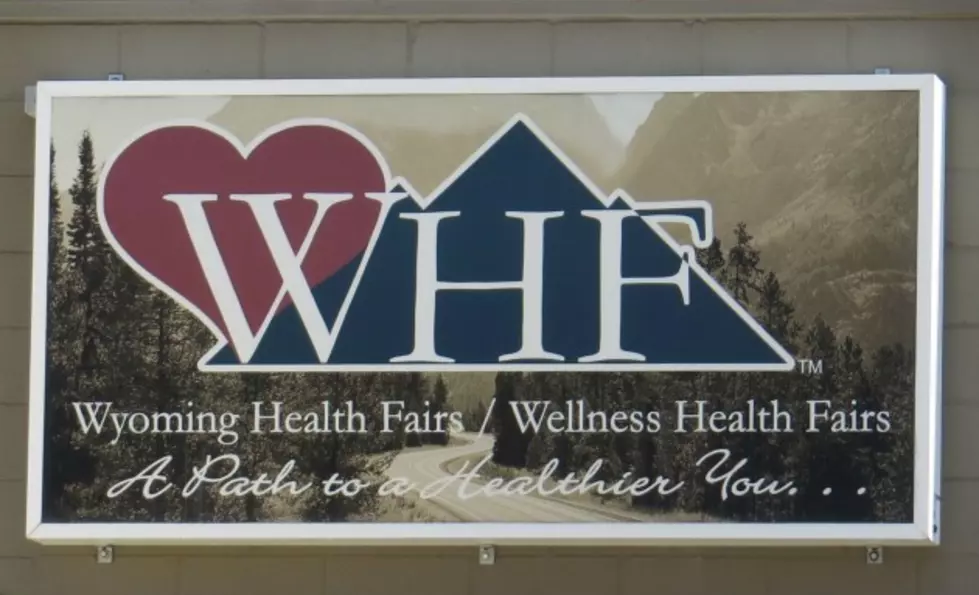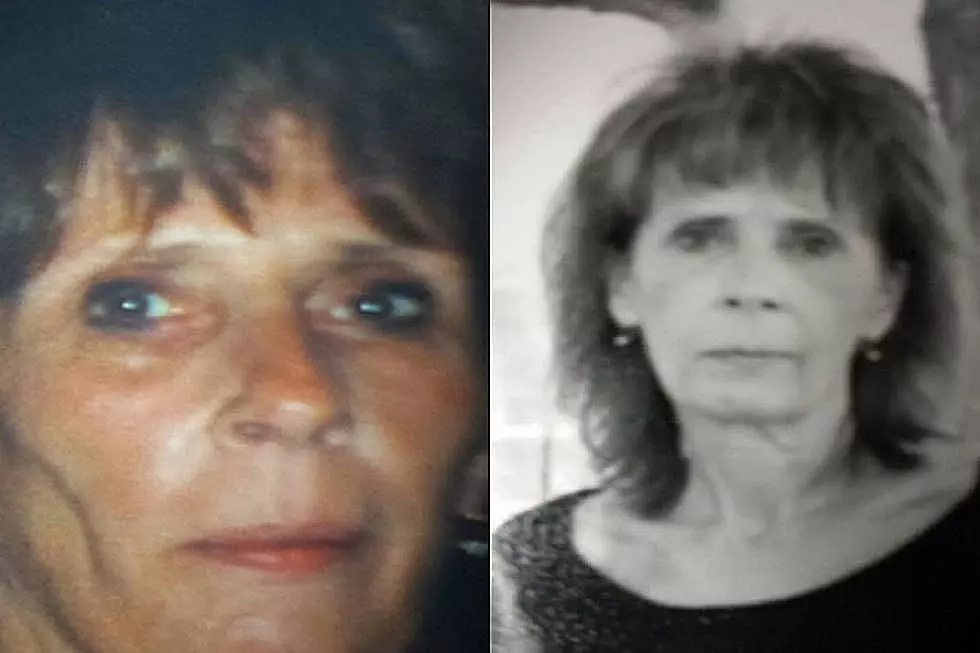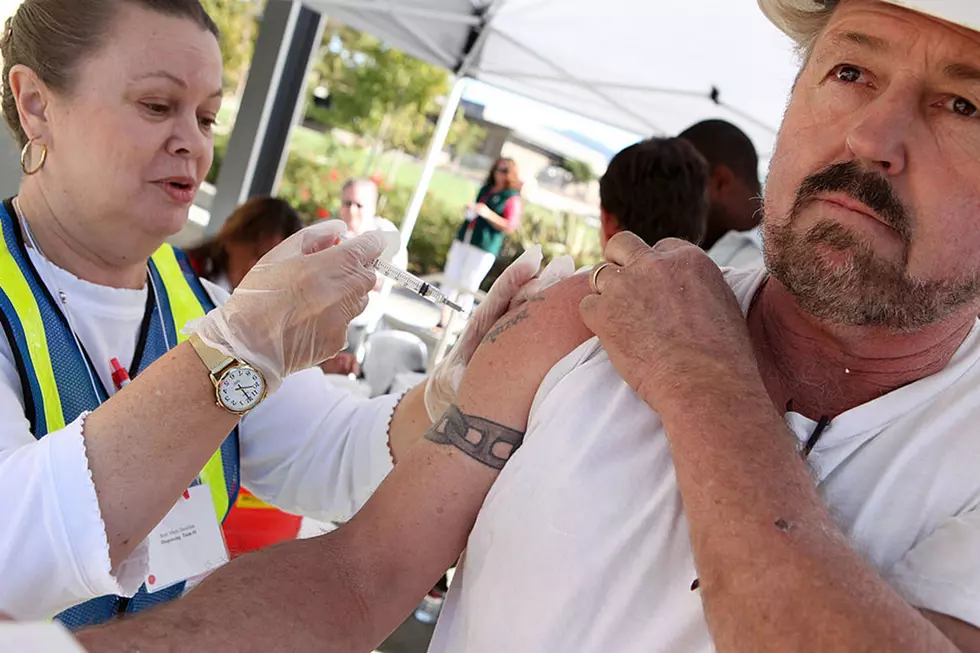
Former Wyoming Health Fairs Employee Sues Over Racial Discrimination
A phlebotomist who worked for the Wyoming Health Fairs has sued the Casper-based nonprofit organization for racial discrimination.
Kaiser Cunningham II filed the lawsuit in federal court last week, according to court records and his attorney.
"Basically, this suit is about an African American employee of Wyoming Health Fairs that was fired the day after he complained to a co-worker about racial harassment," Cunningham's attorney Bruce Moats said.
"That co-worker informed the director of what Kaiser Cunningham the plaintiff had said, and he was fired the next day," Moats said.
Cunningham is seeking damages for lost wages, and non-monetary damages such as emotional distress he suffered as a result of the defendants.
Chad Nelson, the current director of Wyoming Health Fairs, said he could not comment on pending litigation. (In full disclosure, the organization's vice president is K2 Radio general manager Bob Price.)
The defendants are Wyoming Health Fairs, former director Vicki Pirayesh, Cunningham's supervisor Tel Birdsley, and co-worker Seth Perriton.
Wyoming Health Fairs serves about 65,000 people a year with blood screenings and wellness programs, according to its website.
According to the complaint filed by Moats, Cunningham began working at the WHF's office in Cheyenne in August 2011, and became a director of health fairs in February 2012, which required traveling.
During those travels, as well as while in the office, Cunningham was the object of racially charged words and remarks including frequent use of the n-word, comments about President Obama, interracial dating, and stereotypes about blacks and food.
On one trip to Birdsley's home town of Ten Sleep, he told Cunningham not to be offended if people stared at him and used the n-word, according to the complaint. When they stopped at a pharmacy there, Birdsley announced that Cunningham was the only black person in town and that he brought him. "Cunningham was embarrassed and humiliated. He felt all eyes upon him. He wished he could just disappear."
The racism reached the breaking point in September 2012 at a dinner at the Grand Teton Lodge, when Birdsley insulted him. Cunningham went outside to the parking lot and Perriton followed. Cunningham asked how long he would have to endure such treatment before reporting it to senior management.
The next day, Birdsley told Cunningham that Perriton had called Pirayesh to say that Cunningham had threatened Perriton in the parking lot.
The day after that, Birdsley told Cunningham that Pirayesh wanted to talk to them at the Wyoming Health Fairs' central office in Casper. That meeting occurred after 6 p.m. on a Saturday.
Pirayesh told Birdsley's and Cunningham's belongings in her vehicle. Perriton then drove back to Cheyenne.
Pirayesh called in Birdsley and Cunningham into her office. She told Cunningham "'we'" had decided to terminate him because of the reported threats to Perriton and his family.
Pirayesh told him he couldn't get his belongings because her vehicle was locked, and wouldn't drive him to Cheyenne until after he signed a paper and he took his his last check.
After an hour, an emotionally Cunningham signed the paper. When he arrived home in Cheyenne, he read what he had signed. He sent the uncashed check back to the organization and sought legal counsel.
Moats said he and Cunningham filed complaints with the state and U.S. Equal Employment Opportunity Commission. The agencies responded that racial discrimination probably had occurred in the workplace, Moats said.
Efforts to resolve the discrimination issue for about two years have been fruitless, he added.
Proving discrimination is hard, but Cunningham's case meets the test mandated by the government, Moats said. "It's got to be enough that it's pervasive, to the extent that it affects the ability to do the job, the terms and conditions of employment."
More From K2 Radio









